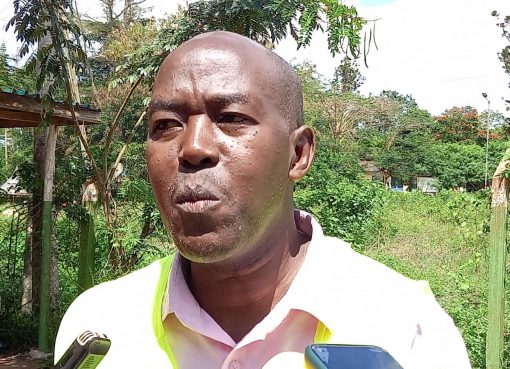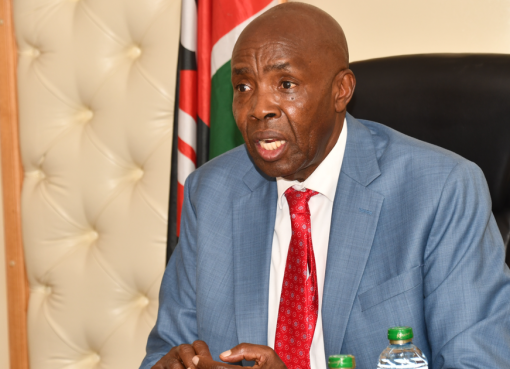Donkey owners from Machakos want the government to close down donkey abattoir for health reasons arguing that their presence was a threat to the rural economy.
Speaking in Machakos town, the owners who staged peaceful demonstrations as they matched to the County assembly to submit their petition said the business has led to increased donkey theft which has had adverse effects on the resident’s livelihood.
Led by their Chairman Fidelis Mwalimu, they appealed to all leaders to ban the operation of the Fuhai abattoir in Kithyoko, Machakos and any others operating in the country.
“Donkey abattoirs have led to increased theft which has affected our economy. Donkeys are very special and useful animals whose history dates back even to the time of Jesus,” said Mwalimu.
Another donkey owner Joseph Kimilu lamented that their children had dropped out of school so as to do the work which was earlier done by donkeys owing to the looming extinction.
Kimilu said that the skin of a donkey is sold at Sh15, 000 and this is why people are turning donkeys into their daily business adding that the slaughtering areas smell very bad even for someone who is 600 meters away.
“Donkeys help us women with household chores like collecting firewood, fetching water and taking our produce to the market. It can also walk on poor terrains and sometimes I even send my children to the river with it” said Bennedetta Nyamai.
Kithyoko Member of County Assembly Justus Kiteng’u who addressed the press outside the assembly said the county government was ready to listen to the cry of the people and that’s why the abattoir was closed six months ago.
“It had not met the set health guidelines on the disposal of bones that’s why it was closed down. We will receive the petition and if what they need is a thorough ban, then we will debate over their issues,” said Kiteng’u.
Kiteng’u however raised concerns that after the closure, a group of over 100 youth stormed his office complaining over loss of jobs
In July this year, the Ministry of Agriculture, Livestock, Fisheries and Irrigation announced that it had signed a deal with Chinese Vice-Minister Zhang Jiwen to open up the market for donkey hides.
The Kenya Agricultural and Livestock Research Organization and a regional donkey advocacy organization, Brooke East Africa, had warned of the adverse effects of unregulated slaughter of the animals.
In a report released days before the China deal, the organizations warned that at the current rate of slaughter, there won’t be a donkey left in four years.
According to a study done by KALRO, the four licensed abattoirs in the country have the capacity of slaughtering 1, 200 donkeys daily against an estimated population of 1. 8 million donkeys by Kenya National Bureau of Statistics’ 2009 Housing and Population census.
On September 27th this year, Brooke East Africa CEO and Kenyatta University signed a Memorandum of Understanding to start donkey breeding to curb the species’ extinction.
The MOU was aimed at developing a donkey model farm through research to improve the breeds in addition to helping other farmers across the region to learn best practices to care for the donkey.
The Kitui County’s donkey policy, which is at the County Assembly for debate, is aimed at providing appropriate legislation to ensure the donkey welfare.
The other abattoirs in the country are Goldox Kenya in Naivasha, Star Brilliant in Nakuru and Silzha in Turkana
Ethiopia, Tanzania and Uganda have already banned the trade given the sanitation issues brought about by challenges of carcass disposal.
By Rachael Kilonzo and Marieta Mulwa




